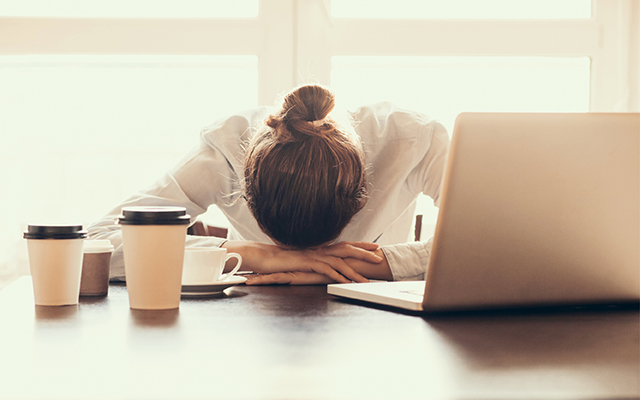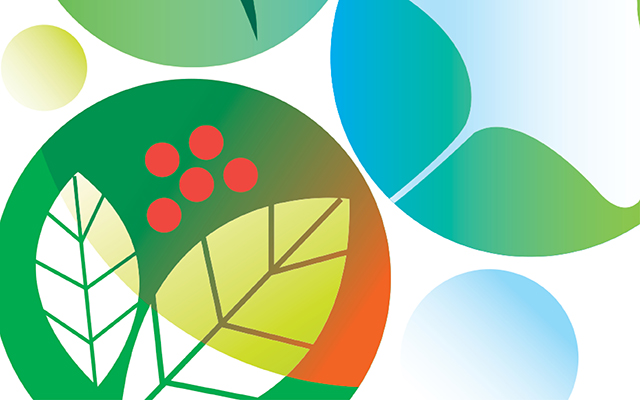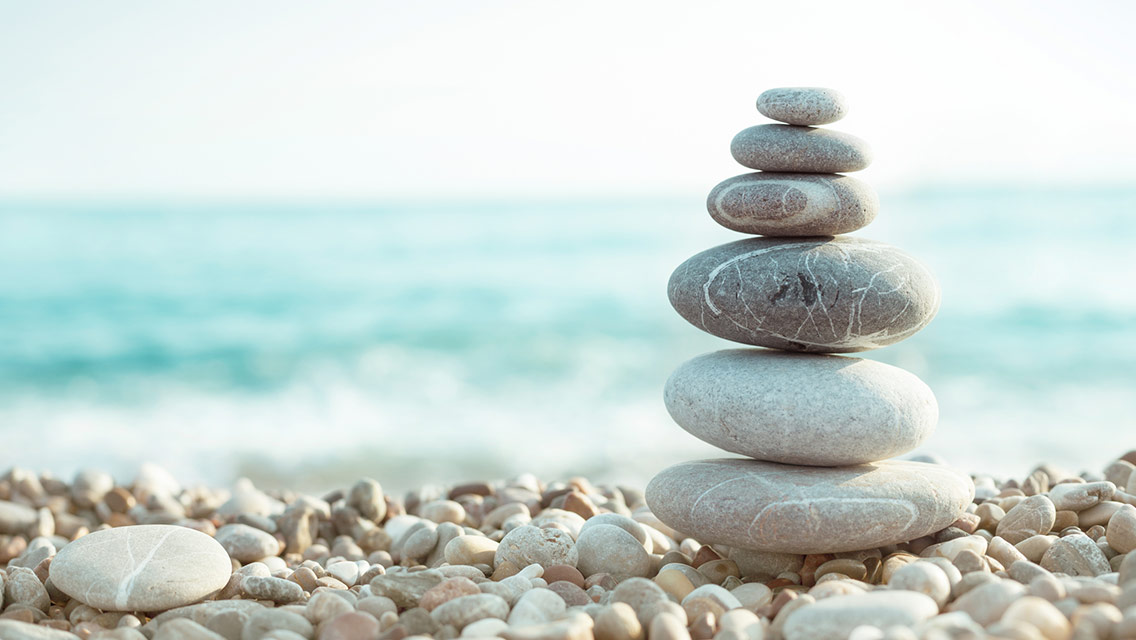There’s a reason we reach for an espresso when we want energy — caffeine inhibits cortisol reduction. “It would be incorrect and simplistic to say coffee raises cortisol,” says Alan Christianson, NMD, “but if you’ve got [caffeine] in your body, it’s harder to lower cortisol levels.”
That means your morning cup of coffee or tea isn’t going to spike your cortisol levels higher than they are, but that evening brew may delay the downward curve that your body needs to get adequate sleep. Plus, Christianson adds, some people are genetically predisposed to be more sensitive to caffeine and have a stress response to coffee.
Although some studies have shown that caffeine increases performance and energy, Christianson notes those results are in subjects who don’t use caffeine regularly. For people who drink coffee faithfully, that perception of an energy lift usually comes from the disappearance of caffeine withdrawal symptoms like grogginess and headaches.
Christianson suggests having coffee just a few times per week instead of daily, and opting for it in the morning. That way, your cortisol curve won’t be overly affected, and you’ll derive the best benefits from the caffeine, making it a pleasure instead of a crutch.
This article originally appeared as part of “The Cortisol Curve” in the March 2016 issue of Experience Life. For more from the article see, “The Cortisol Curve”, or “Cortisol and Perimenopause”.




This Post Has 0 Comments